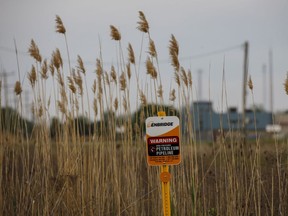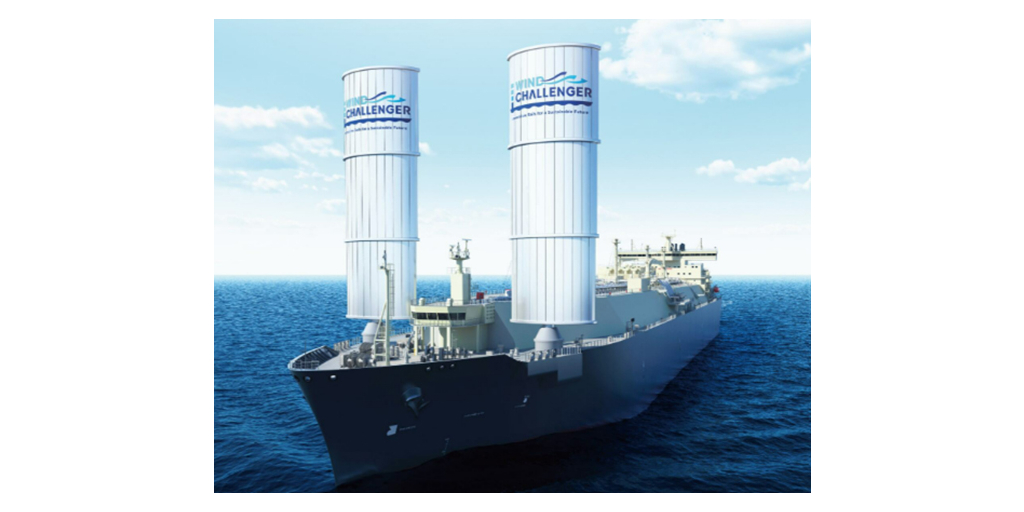
That was the case when Lester B. Pearson pulled the world from the brink of war over the Suez Canal in 1958, and when Brian Mulroney prompted action against apartheid in South Africa 35 years ago. Canada stepped up when decisive action and principled leadership was required.
But what if, as in times past, Canada did something even better? What if, rather than just meeting its own net-zero goal (which represents less than two per cent of global emissions), Canada could help the world reduce overall CO2 emissions much more significantly?
Article 6 of the Paris Climate Agreement — a legally binding international treaty adopted by 196 parties at the UN Climate Change Conference in 2015 — states that nations can be credited for tangible emissions solutions that extend beyond their borders. This presents a major global leadership opportunity for Canada. In fact, it’s been staring us in the face for the past decade, with little to no progress, while the United States has seized upon it.
The opportunity I’m referring to is the export of Canadian natural gas. If used to displace coal in Asia and eastern Europe, Canadian natural gas would have a tremendous impact on reducing global emissions — one far greater than Canada merely achieving its own 2050 net-zero commitment.
A focus on natural gas would not only more dramatically reduce emissions, it would strengthen the Canadian economy, creating jobs, supporting families and making the most of an important natural resource we have in abundance. Indeed, we have more than enough natural gas to meet our own domestic needs for 200 years or more. That give us the freedom — I’d even suggest the obligation — to look beyond our borders and consider the benefits of export that go far beyond those economic returns.
Bringing liquefied natural gas (LNG) to global markets also supports energy security — think European markets that have been dependent on Russian energy — and can alleviate energy poverty in parts of Asia and Africa.
Building and operating an LNG facility requires major construction and power consumption. It therefore takes a degree of political courage to go all-in on LNG because it can lead to an increase in domestic emissions. But it will also create a sizable net benefit as we help reduce the 98.5 per cent of emissions produced beyond our borders.
So, what must be done? I’m calling on the Canadian government to adopt policies and regulatory measures to enable the responsible and efficient development and export of this important resource while also streamlining permitting processes to better respond to the urgent need for more gas.
At the same time, investment in the entire energy sector and many others could be accelerated by the immediate implementation of a federal Indigenous loan-guarantee program to ensure Canada’s Indigenous Peoples have a seat at the table while also having equity that helps them secure a more prosperous future.
Finally, let’s show the world that Canada is ready to make a serious and lasting contribution to reducing global emissions by providing a cleaner source of energy to countries that need and want it.
Canada, now is the time to step up. Now is the time to commit to a cleaner energy future, not just for Canada, but for the world.
Greg Ebel is chief executive of Enbridge Inc.
Share This:
Next Article



